"... What do they think? That Ukraine's going to win in this counter-offensive and Russia's just going to sit there and say, you're right, so sorry we're going to go home, we're defeated, Ukraine's defeated us. Or Russia's going to say, we're going to escalate," US economist and political analyst Jeffrey Sachs told Hungary's commercial HirTV news channel.
He added:
And my belief is that they would, with good chance, escalate. And this could be complete disaster.
"I don't think [NATO and the US] thought through this," he said, as, during an escalation "suddenly Putin says okay we stop, we fold or we go to nukes." He opined that the West does not follow the principle that "you don't push your adversary to use nuclear weapons."
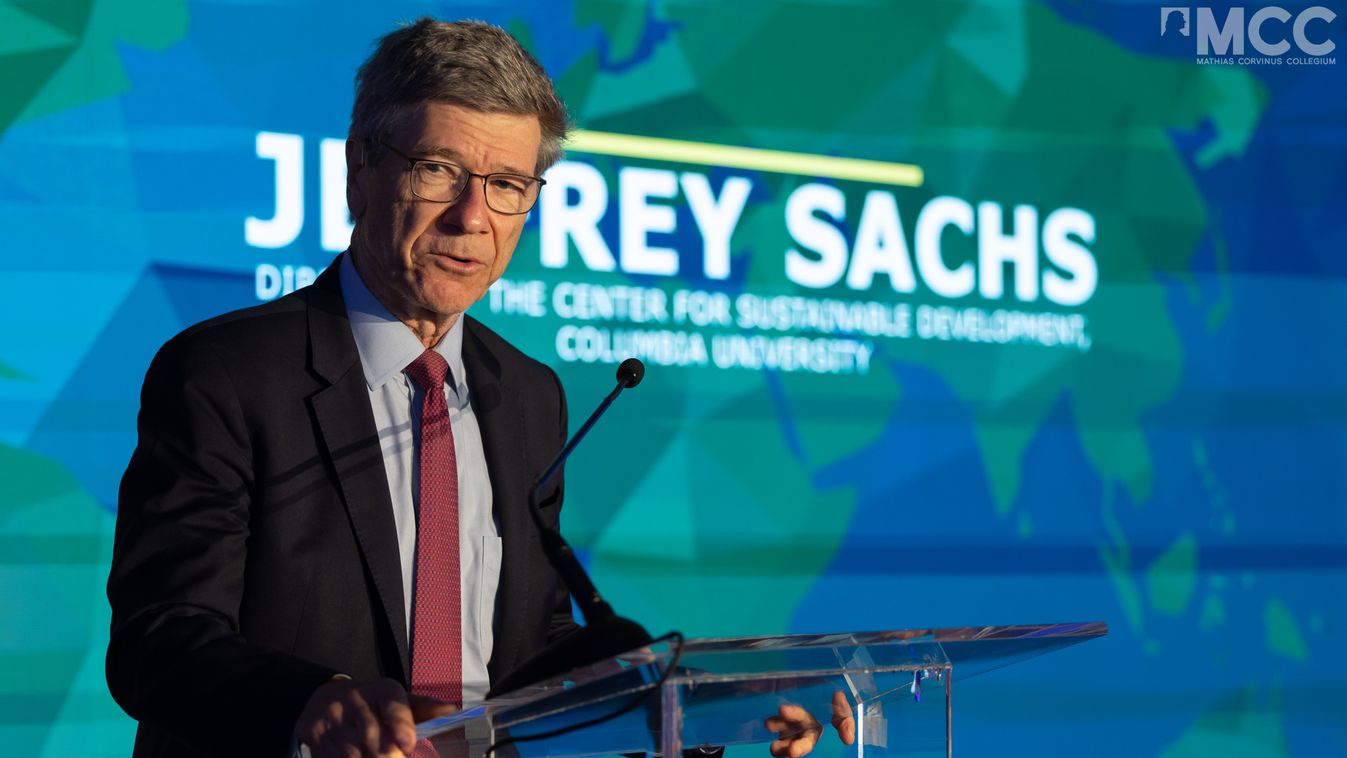
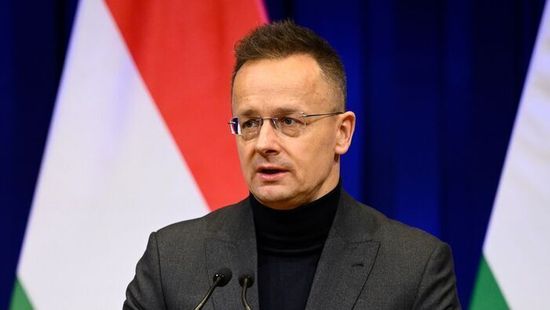
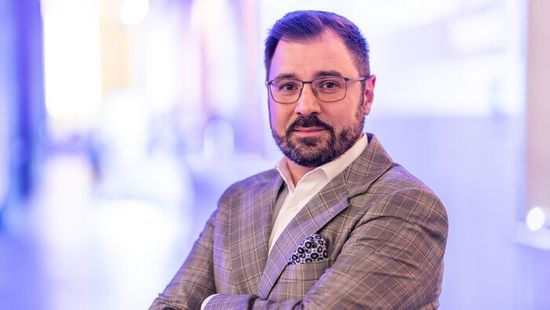
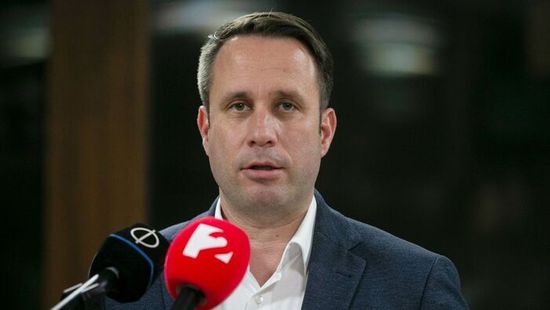
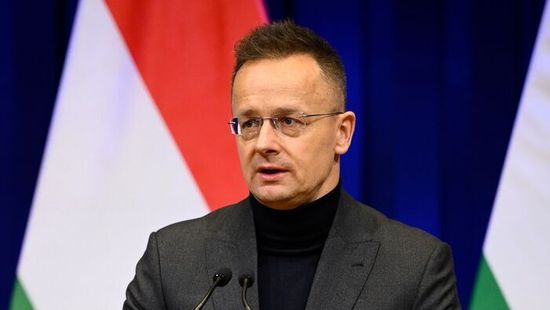

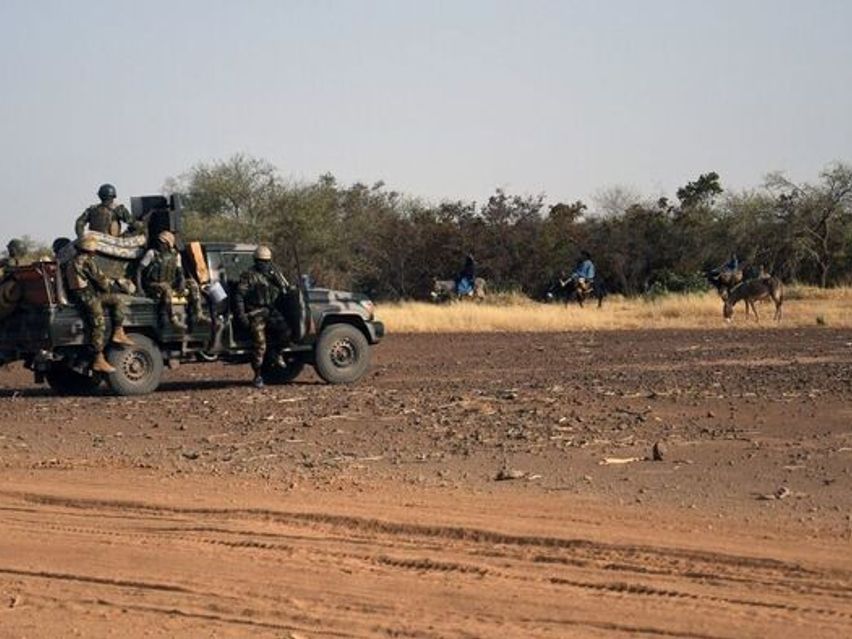
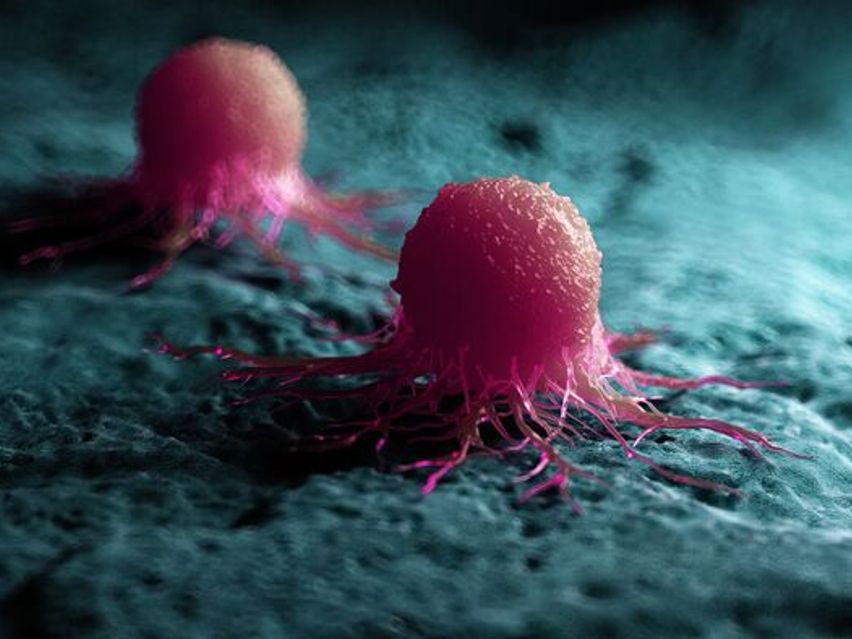

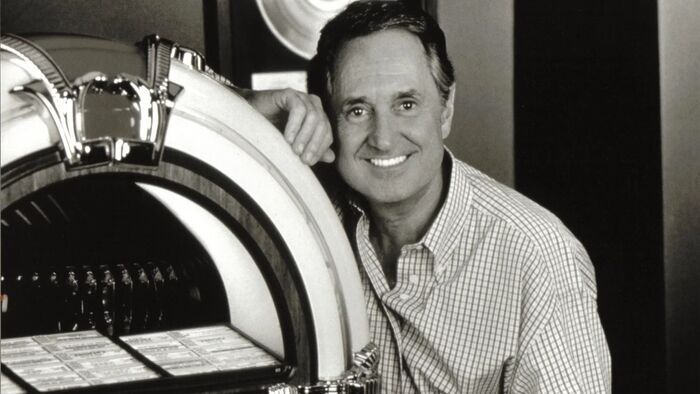


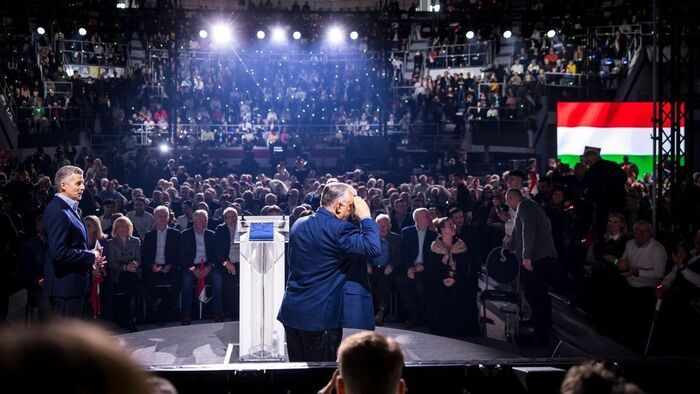

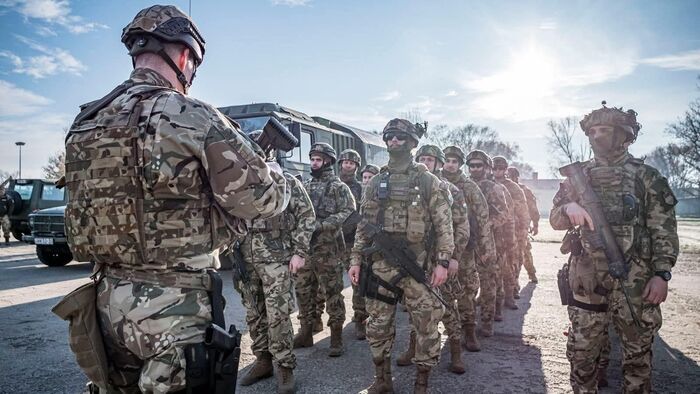
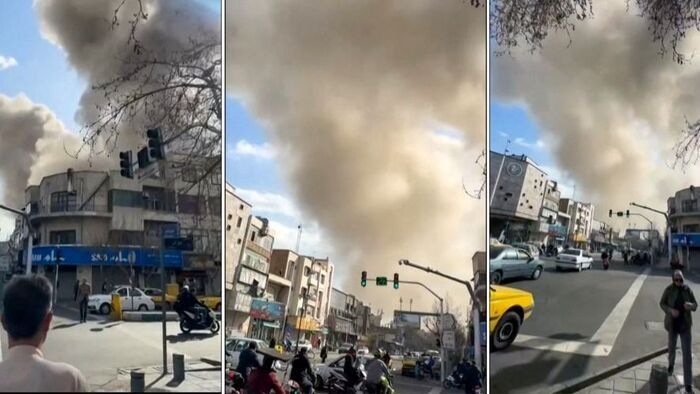
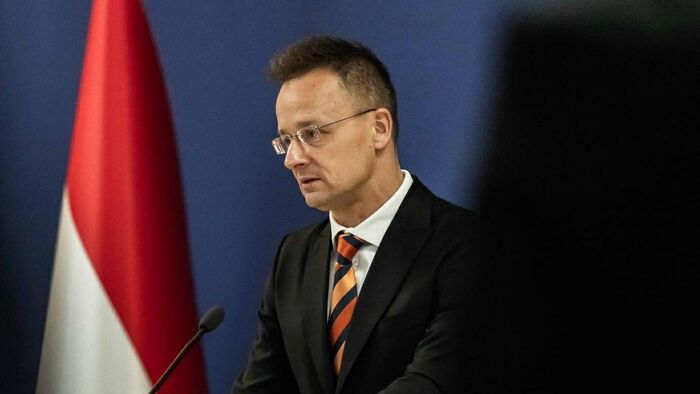
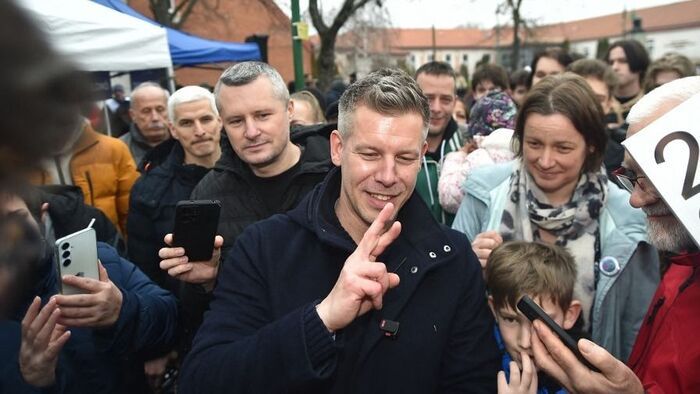

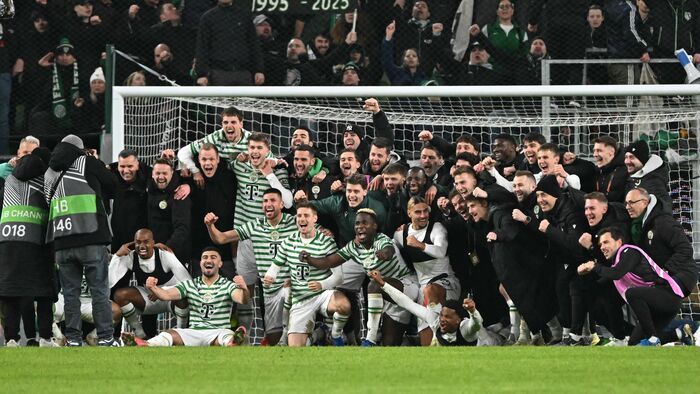
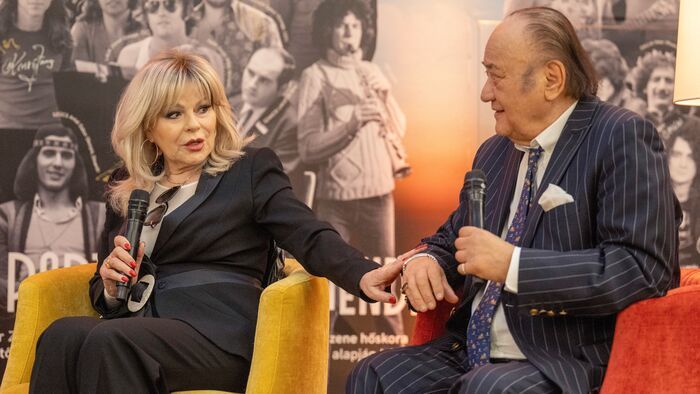
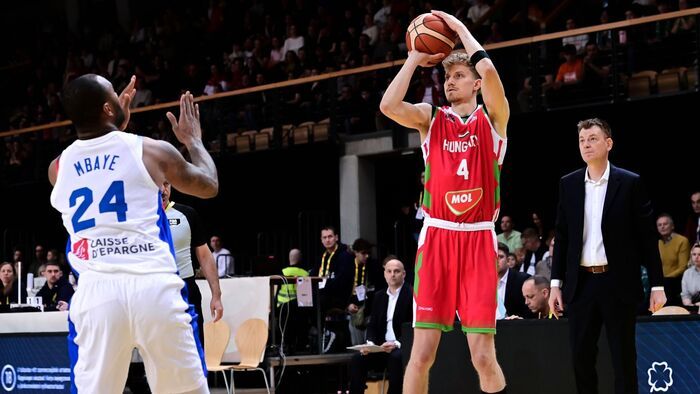

Szóljon hozzá!
Jelenleg csak a hozzászólások egy kis részét látja. Hozzászóláshoz és a további kommentek megtekintéséhez lépjen be, vagy regisztráljon!